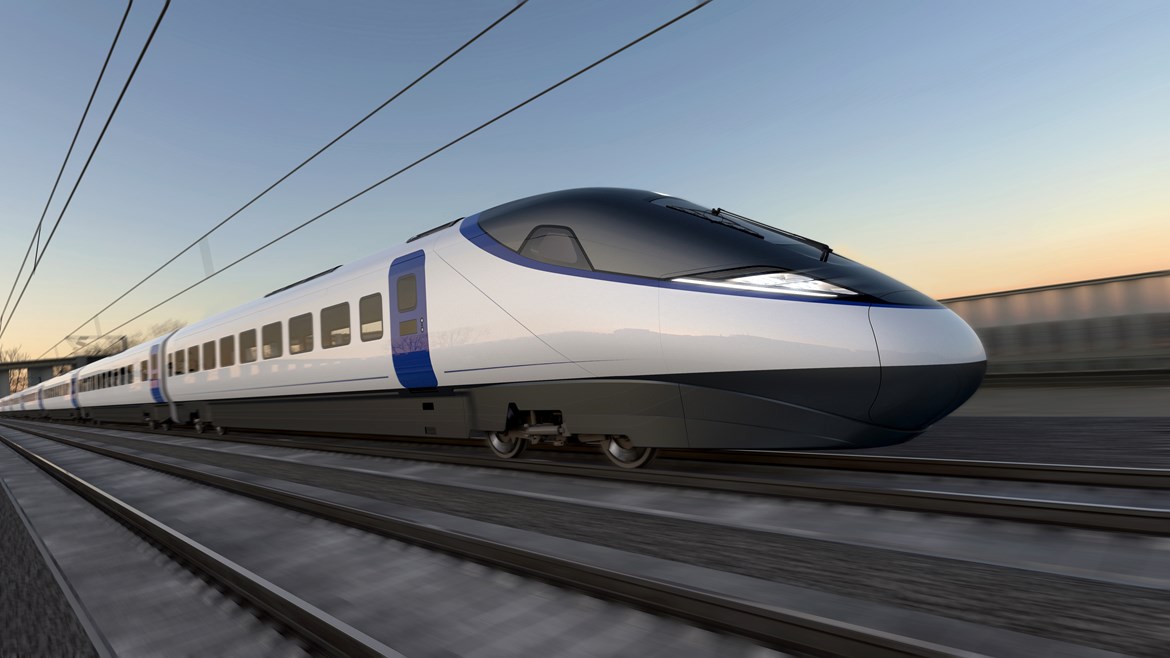HS2 tech incubator bases start-ups on site

- The latest cohort of the successful Innovation Accelerator initiative will base tech start-ups with project’s main civil engineering contractors to help tailor innovative solutions for the construction industry
HS2 Ltd, the company delivering Britain’s new low carbon high speed rail network has today launched the fifth round of its successful Innovation Accelerator programme.
Focused on harnessing technologies new to the construction sector, the Accelerator will utilise Artificial Intelligence and advanced sensing technology to drive cost and carbon efficiencies across the HS2 programme.
And in an innovative first for the Accelerator, the five SMEs in the new cohort will be based at the operations hubs of HS2’s main civil works contractors to both acquaint them with construction and help focus development of their technology for the industry.
Each start-up brings a potential technological solution to mitigating the effects of a diverse array of challenges faced during HS2’s construction, ranging from traffic management to weather forecasting, as well as using A.I. to understand and reduce carbon impact of activities and materials.
Commenting, HS2 Innovation manager Jon Kelly said:
“With our fifth Innovation Accelerator we’ve brough in a cohort of tech firms from outside the construction sector to introduce new thinking and ways of working, which we hope can drive just efficiencies across all the HS2 programme’s phases.
“In addition, we want to see value added to UK plc by helping small, innovative businesses to develop their technology and grow their businesses by providing opportunities to tap into the huge construction industry.”
The five SMEs include:
Silicon Microgravity, a SME spun out from Cambridge University research, is developing non-invasive next-generation gravity sensors to identify underground hazards that could be deployed for ground investigation surveys and utility diversion planning.
EHAB is developing hyper-local weather forecasting and using A.I. to optimise daily works schedules according to when or if rain is due. Reducing weather-related delays helps to maintain programme timetables and control costs.
Immense Simulations will further develop its A.I.-based strategic and operational transport planning tool to de-risk the effects of works traffic on local road networks. The technology could also help plan for the effects future that HS2 stations could have on traffic movements in surrounding areas.
Consequence has developed “carbon accounting” technology that illustrates the full carbon content of construction materials used on HS2.
Mafic is developing technology to enhance productivity and protect delivery schedules.
